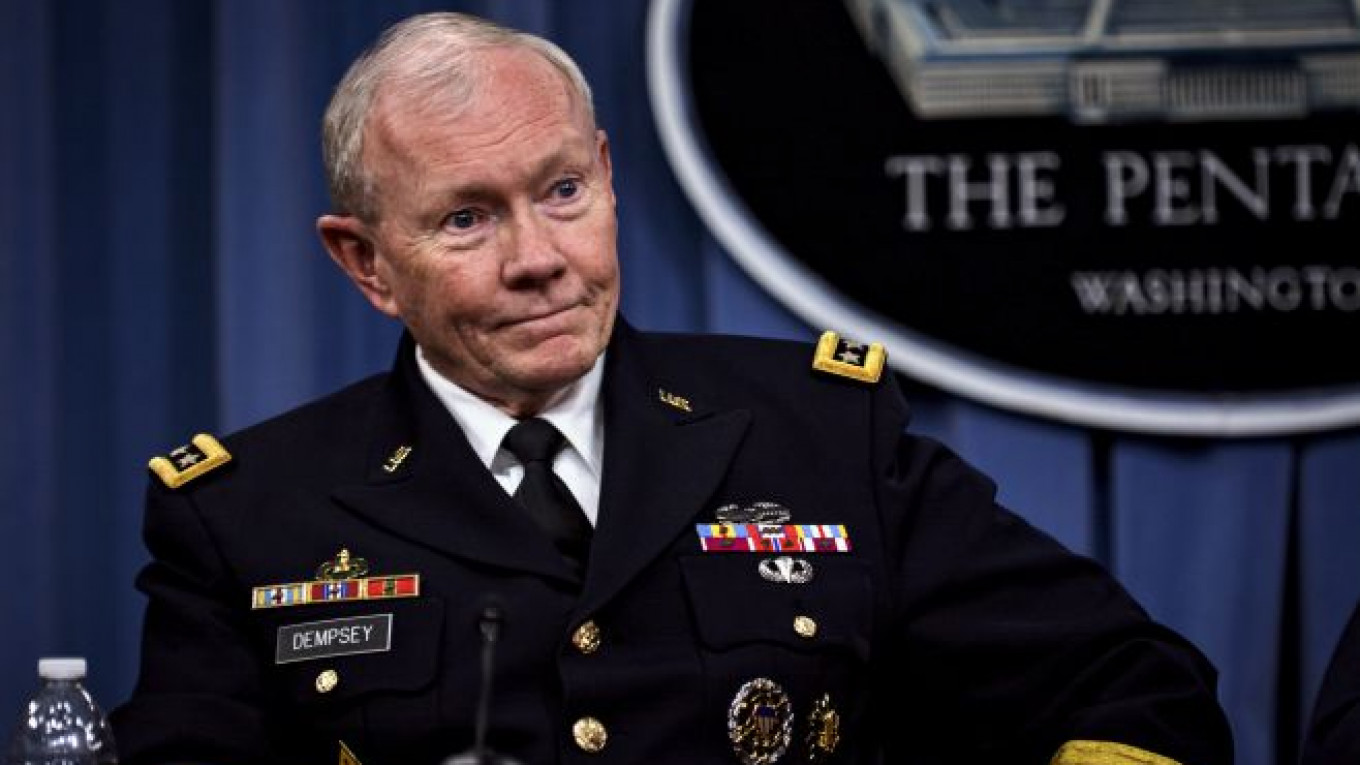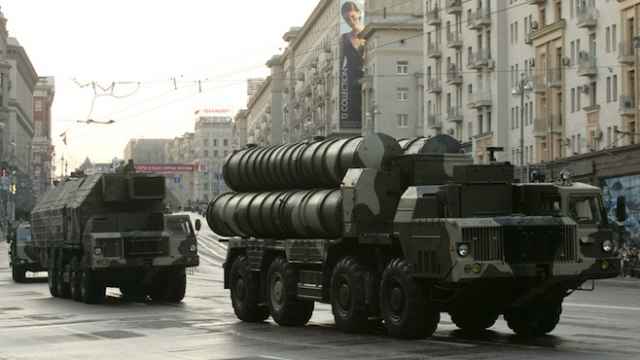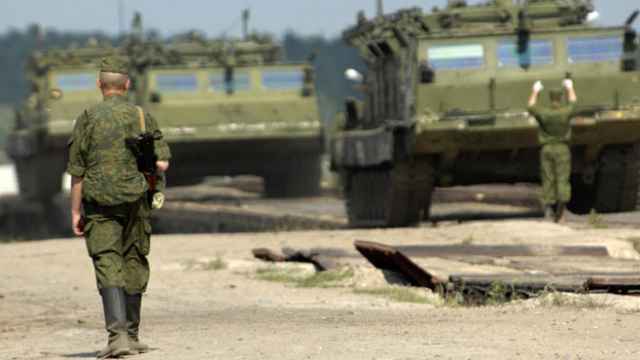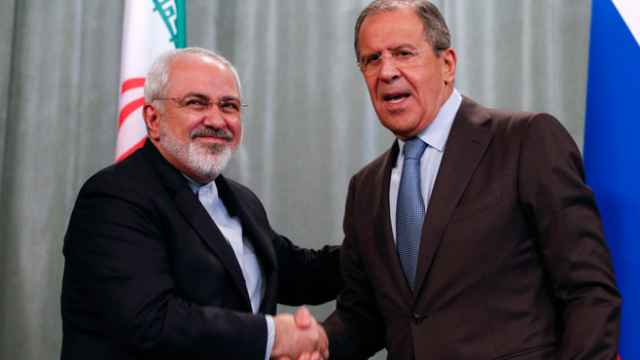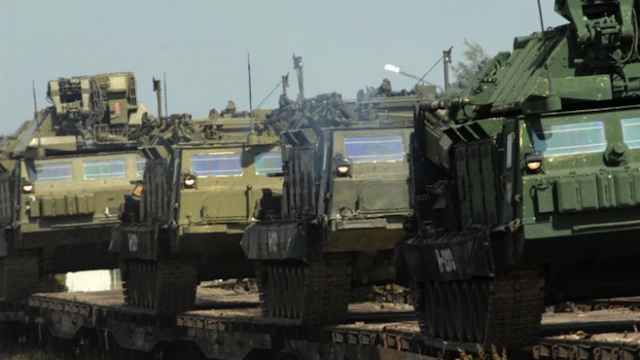The U.S. military option to prevent Iran from obtaining a nuclear weapon, and encourage a diplomatic solution, remains intact despite Russia's decision to deliver its S-300 missile defense system to Tehran, the top U.S. general said Thursday.
"We've known about the potential for that system to be sold to Iran for several years and have accounted for it in all of our planning," General Martin Dempsey, chairman of the U.S. military's Joint Chiefs of Staff, told a news conference.
"The military option that I owe the president to both encourage the diplomatic solution and, if the diplomacy fails, to ensure that Iran doesn't achieve a nuclear weapon, is intact."
Moscow's move to provide the surface-to-air missile system to Tehran, which irked the West and drew protests from Israel, followed an initial deal under which Tehran would curb its nuclear activities in exchange for an end to economic sanctions.
A Message from The Moscow Times:
Dear readers,
We are facing unprecedented challenges. Russia's Prosecutor General's Office has designated The Moscow Times as an "undesirable" organization, criminalizing our work and putting our staff at risk of prosecution. This follows our earlier unjust labeling as a "foreign agent."
These actions are direct attempts to silence independent journalism in Russia. The authorities claim our work "discredits the decisions of the Russian leadership." We see things differently: we strive to provide accurate, unbiased reporting on Russia.
We, the journalists of The Moscow Times, refuse to be silenced. But to continue our work, we need your help.
Your support, no matter how small, makes a world of difference. If you can, please support us monthly starting from just $2. It's quick to set up, and every contribution makes a significant impact.
By supporting The Moscow Times, you're defending open, independent journalism in the face of repression. Thank you for standing with us.
Remind me later.


